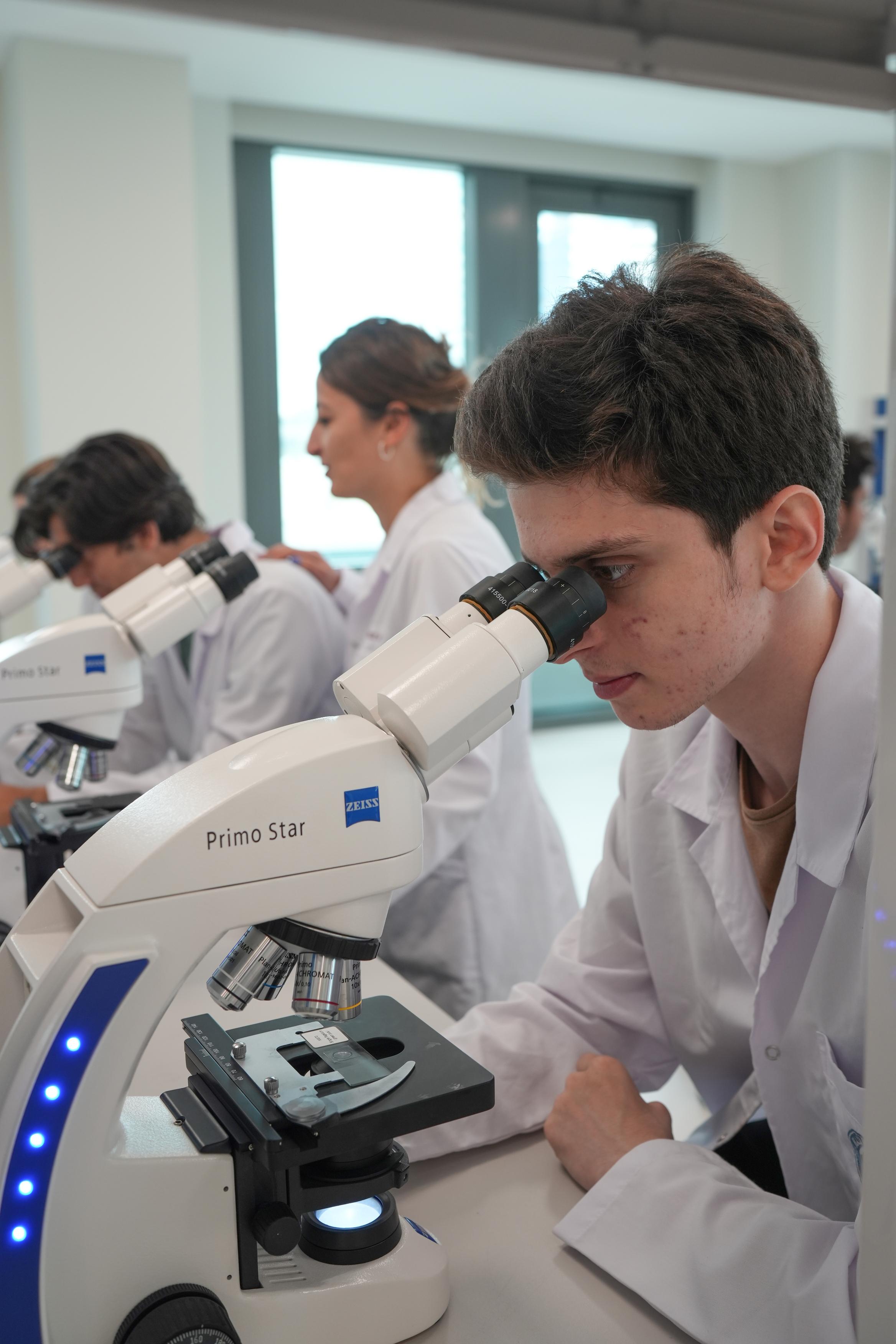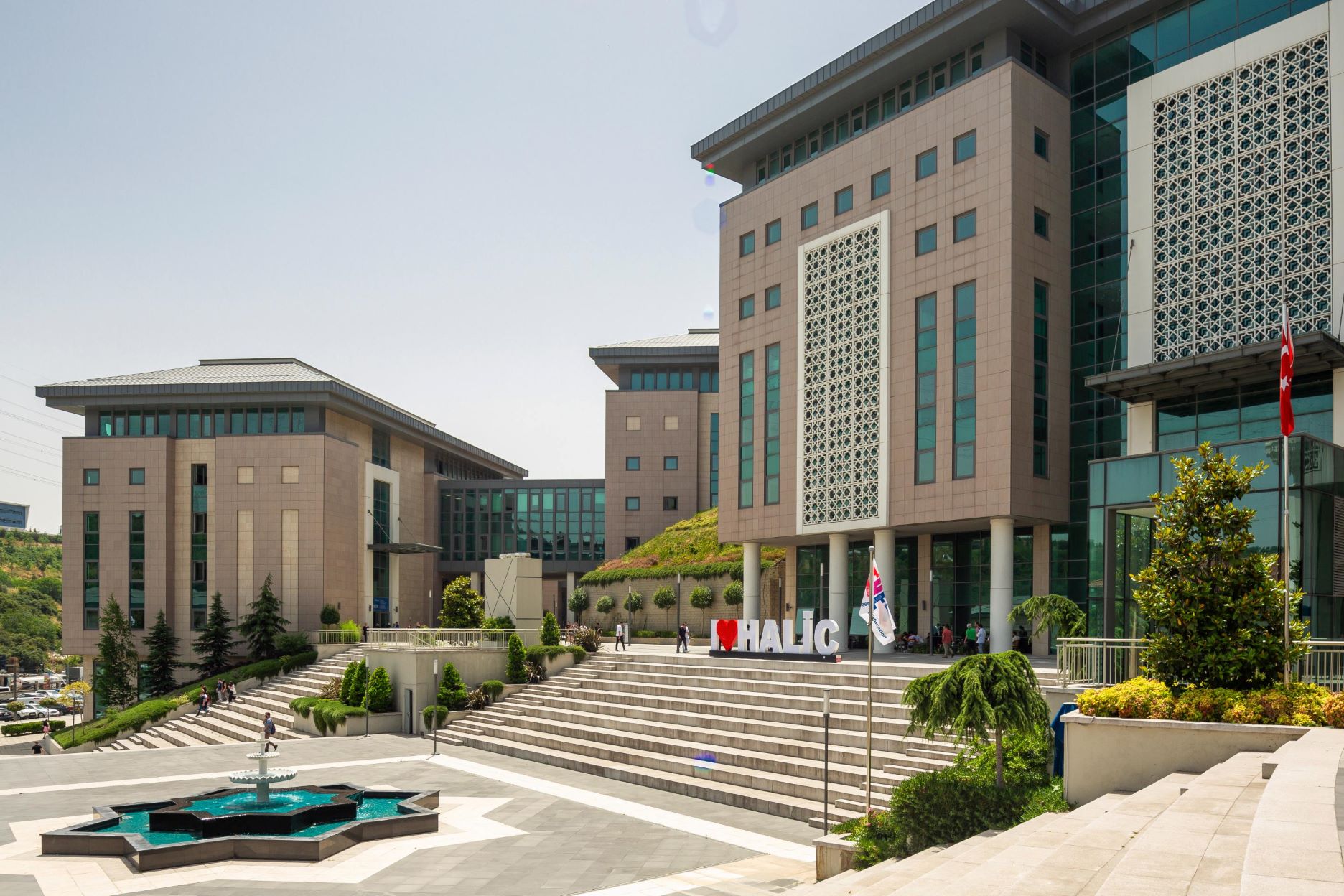|
Electrical and Electronics Engineering is one of the fastest growing disciplines. For this reason, the curriculum and course contents are updated in parallel with scientific and technological developments.
The first year of the four-year program of our department consists of courses in which the basic knowledge in basic sciences and social sciences, that our students will need in the following years, is given. In the second year, there are courses in which the information that forms the basis of Electrical and Electronics Engineering is given. In the third year program, courses including applications are predominant in order to give basic concepts related to different fields of this engineering branch and to gain theoretical and practical knowledge in these fields. The last year of our program consists entirely of elective courses and thus aims to gain competence in many fields such as Electricity, Electronics, Communication, Signal Processing, Control, Microwave. Our students are provided with two 30-day internships, thus gaining experience in the field of work, and they are supported in arranging their internship places. In addition, the opportunity is offered to students who want to study in other departments with our Double Major and Minor Programs
The main field of interest of Electrical and Electronics Engineering has a very wide range such as electricity, electronics, communication, control, automation, energy, computer.
Electrical and Electronics Engineers have the opportunity to work in almost every sector, from energy to construction, informatics to automotive, health to chemistry, finance to commerce, education to entertainment, agriculture to industry, transportation to communication, from tourism to textile, and they are required in different fields of these sectors.
The mission of our department is to provide education and training to train engineers who closely follow the developments in the field of Electrical and Electronics Engineering, have national and international knowledge and skills, adopt learning as a principle, produce solutions to problems, have a developed sense of responsibility, prioritize professional ethics, and adhere to universal values and ethical principles.
|



















 sonerozgunel@halic.edu.tr
sonerozgunel@halic.edu.tr More Info
More Info